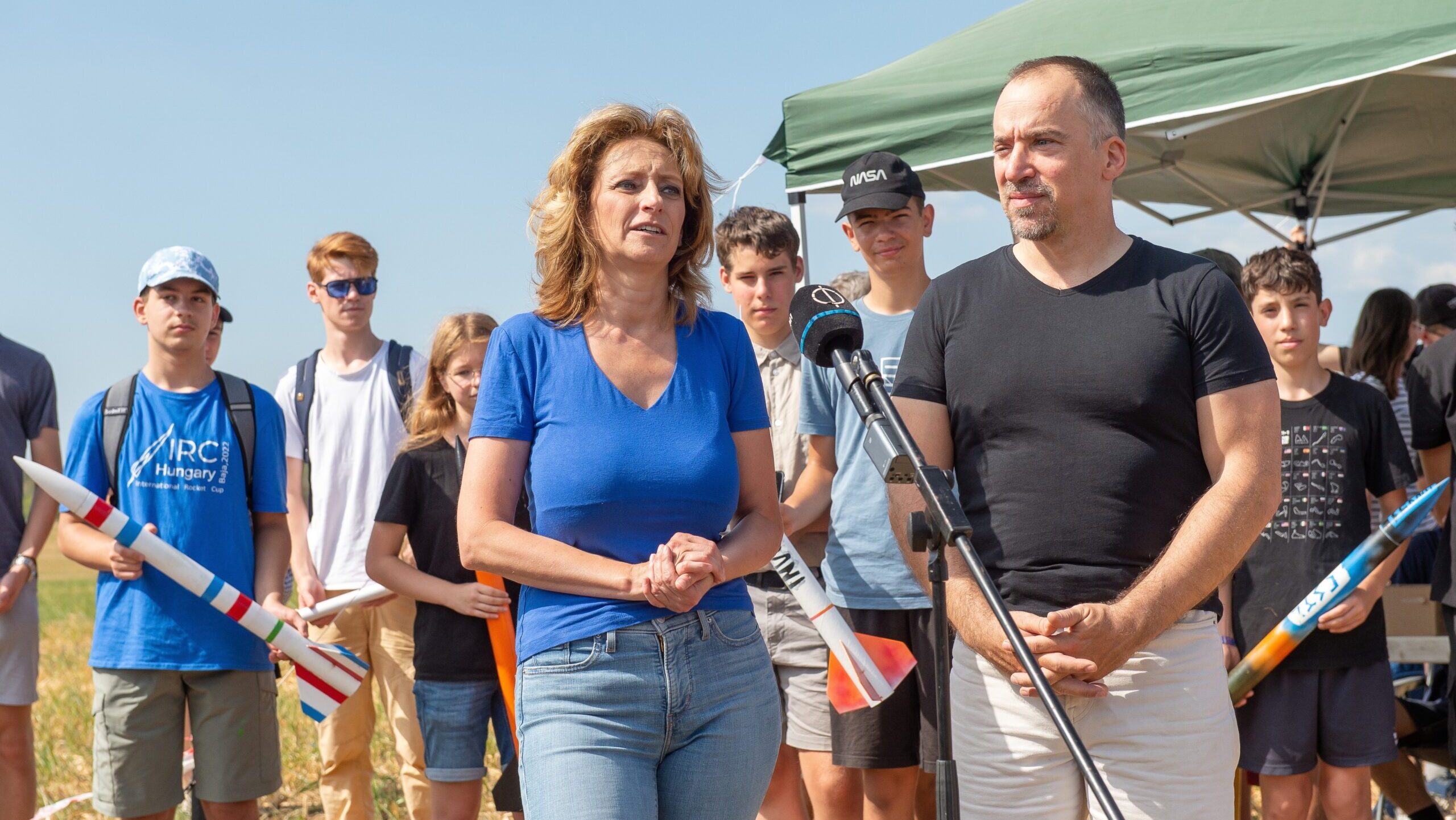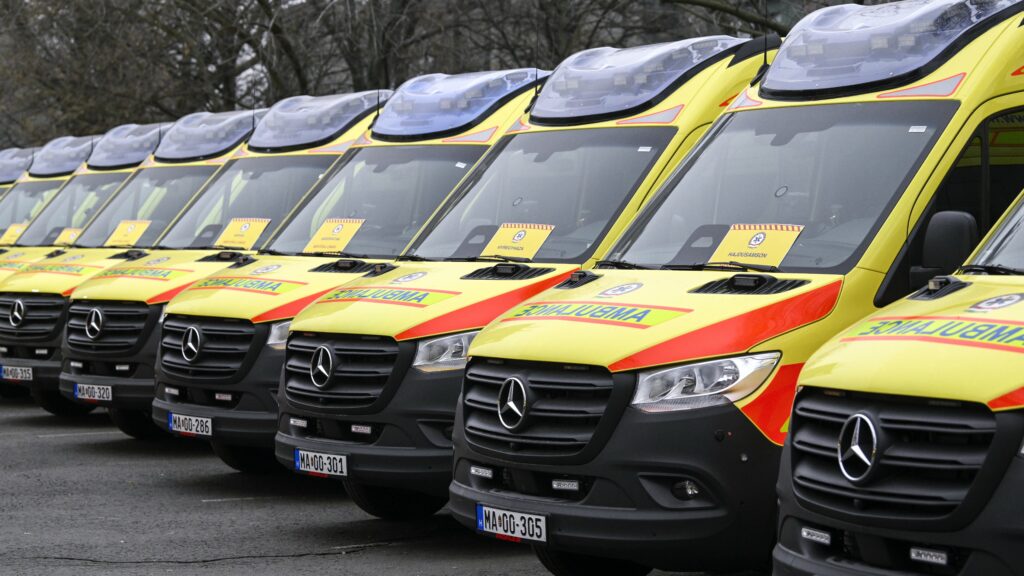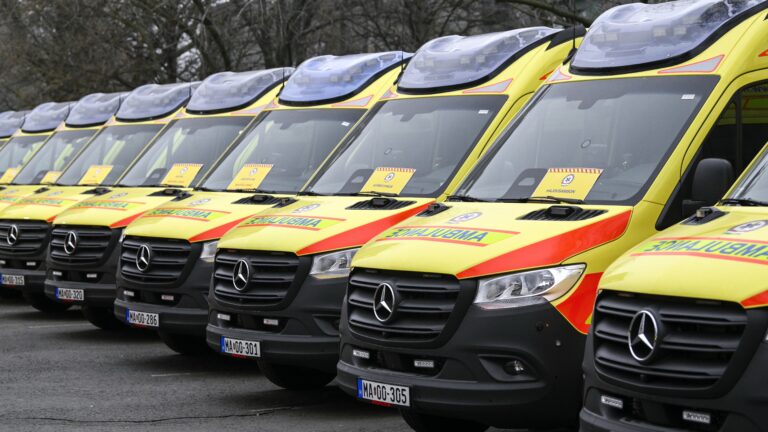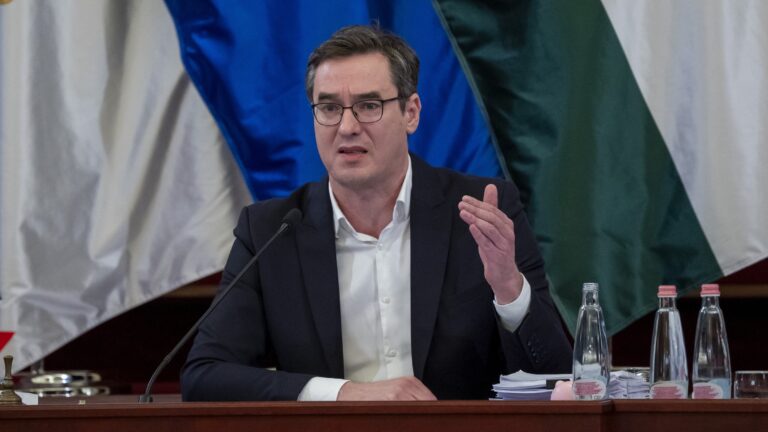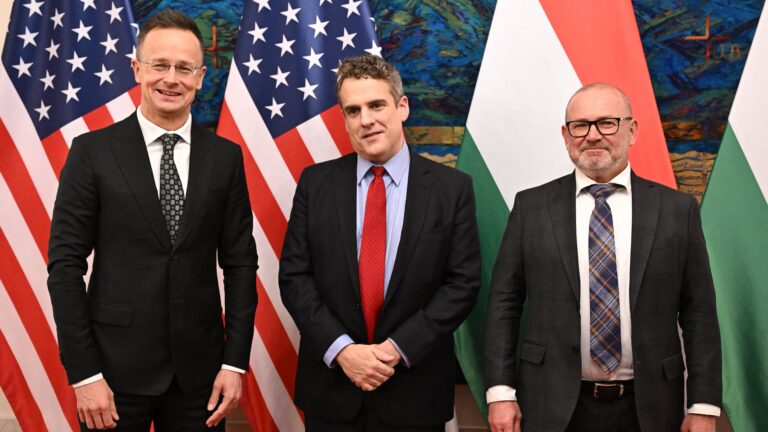Over the past six years, Hungary has increased its contributions to the European Space Agency (ESA) fivefold. Next year, the country will contribute €32 million to the agency’s programmes, the Orsolya Ferencz, Ministerial Commissioner Responsible for Space Research announced on Sunday at Baja Airport.
On the closing day of the Baja rocket and space device building camp, attended by secondary school students, Orsolya Ferencz emphasized that Hungarian space research has been ‘accelerating at rocket speed’ over the past six years, since the Ministry of Foreign Affairs and Trade began coordinating it. She added that one indicator of this progress is the increasing opportunities for teenagers to independently build rockets.
She stated that a network of CanSat laboratories is being further developed across the country to help prepare students for the ESA’s CanSatLab competition, which aims to promote the space industry. ‘The goal is to provide interested 12-18 year-olds with opportunities in rocket and satellite building,’ she added.
The ministerial commissioner also mentioned that the two Hungarian candidates selected for the Hungarian to Orbit (HUNOR) programme, astronaut Tibor Kapu and reserve astronaut Gyula Cserényi, have begun their preparations for the Axiom Space 4 mission in Houston. She noted that, due to a technical problem with the Boeing Starliner spacecraft, the return of two US astronauts from the International Space Station is uncertain, and they may not return until 2025.
The Hungarian programme, she added, will need to be adapted to these changing circumstances.
This year, the fourth rocket-building camp organized by the Baja Science Education Association (TIE) was attended by the top Hungarian students from the CanSat competition, who participated in satellite development. Örs Hunor Detre, physicist, founder of CanSatLab, and head of the programme, explained that CanSat is a small-scale simulation of a real satellite, equipped with a power supply, sensors, and a communication system, all of which had to be built by the students.
The researcher also explained that
students are participating in the development of a research satellite,
which is being led by Budapest University of Technology and Economics (BME) and supported by the National Media and Infocommunications Authority, with a launch scheduled for December 2025. As part of this project, students will develop five modules for the satellite. The preparation in Baja was supported by space scientists and engineers, with additional guidance provided by foreign experts who offered online advice on the development of the modules, she added.
Róbert Pausch, President of the TIE in Baja, stated that 17 students participated in the rocket-building activities. During the demonstration held on Sunday at the camp’s closing open day, the rockets made of cardboard and wood were launched to heights of 300-400 metres.
Related articles:

